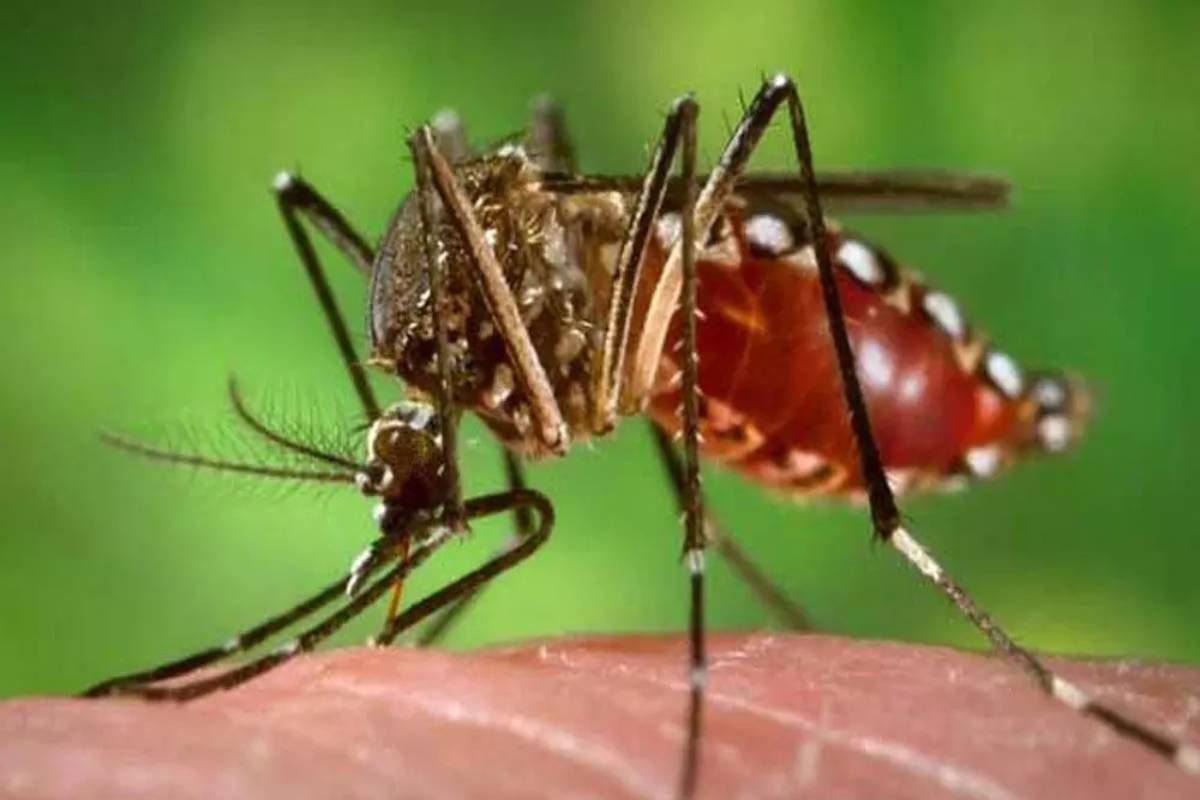Climate change responsible for 19 pc of rising dengue cases: Study
Amid record year for dengue infections globally, a new study has found that climate change is responsible for 19 per cent of rising dengue burden.
The World Health Organisation (WHO) has warned that climate change is causing dengue and other mosquito-borne illnesses including chikungunya, yellow fever, and Zika to spread more quickly and widely

Representational Image
Every bed in Bangladesh’s Mugda Hospital’s fever ward is occupied as the nation struggles to contain what could be its deadliest dengue outbreak. The nation’s worst-ever outbreak of the mosquito-borne illness, which scientists believe is becoming more frequent as a result of climate change, has claimed more than 1,000 lives this year.
In the worst situations, high viral fevers can cause internal bleeding as well as bleeding from the mouth and nose.
Since the South Asian country, which is prone to flooding, is a favourable environment for mosquitoes that develop in stagnant water, the Mugda Medical College and Hospital in the capital Dhaka is a crucial battleground against the outbreak.
Advertisement
More than 210,000 cases have been confirmed by hospitals and a record 1,030 people have passed away across Bangladesh this year. The numbers far exceed the previous high of 281 deaths set last year.
Advertisement
Hospital director Mohammad Niamatuzzaman claimed that doctors were constantly in crisis mode and had called in specialists in gynaecology, cardiology, and kidney disease to help the overworked general practitioners.
“It’s an emergency, but it’s unfortunately lasting long,” Niamatuzzaman said, adding that the state-run centre had counted 158 dengue fatalities this year, which was five times higher than the number from the previous year.
There are more than 200 patients receiving care on the three dengue-specific floors of the hospital’s ten stories.
Nearly 1,000 patients are being treated overall at the 400-bed facility, and many more are being seen as outpatients.
In the Konapara neighbourhood of Dhaka, Mohammad Sabuj, a goldsmith and father of three sons, claimed that dengue was present in “almost every home” in his community.
Dengue cases have been reported in Bangladesh since the 1960s, but the country only saw its first dengue haemorrhagic fever outbreak in 2000.
The World Health Organisation (WHO) has warned that climate change is causing dengue and other mosquito-borne illnesses including chikungunya, yellow fever, and Zika to spread more quickly and widely.
WHO estimates that between 100 and 400 million dengue infections occur annually, many of which result in only mild illness, putting around half of the world’s population at risk.
Advertisement